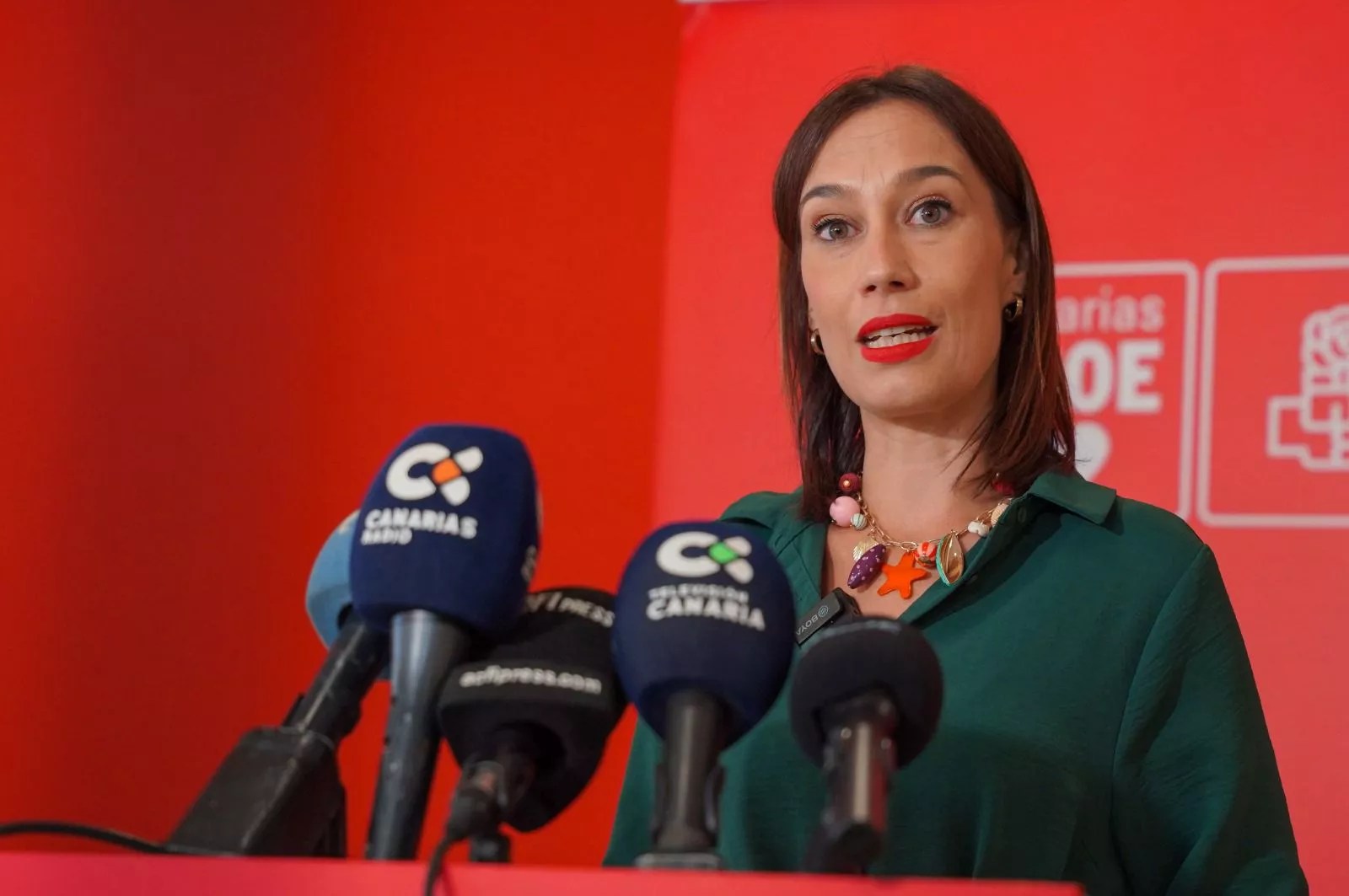
SANTA CRUZ DE TENERIFE, 9th Feb. (EUROPA PRESS) –
Questioning the recent visit to Mauritania by the President of the Government of Spain, Pedro Sánchez, the general coordinator of the Popular Party of the Canary Islands, Jacob Qadri, doubts whether it “succeeds in halting the incessant influx of irregular immigrants to the coasts of the Canary Islands.”
Qadri points out that the track record of Sánchez’s “limited measures” on immigration over the past five years exposes “the mistakes of a Government that has disregarded the consequences that the drama of irregular immigration represents for the Canary Islands and, particularly, for the thousands of people attempting to reach the archipelago’s coasts in search of a better future.
“Sánchez has turned a blind eye to a constant tragedy that we witness firsthand in the Canary Islands,” Qadri emphasized, adding that the immigration policy of the central Executive “has been noticeably absent.”
According to him, “viable and effective actions to stem the most serious migratory crisis of the last decade in the islands remain undefined; to date, everything that stems from the Government of Spain instantaneously becomes topics that have not been addressed, or at best, pending issues.”
The coordinator of the regional PP raises doubts from his party regarding whether the investments in Mauritania announced by the President of the Spanish Executive will have an impact on reducing the migratory flow in the Canary Islands.
“A similar situation occurred with the agreements with Morocco, whose contents we still do not know, which did not even manage to mitigate the situation, quite the opposite. And the results are there, figures acknowledged by the Ministry of the Interior itself, indicating that, far from improving, the immigration situation has become more complicated,” he stated in a note sent by the Popular Party.
According to the data compiled in the Ministry of the Interior’s report on the number of migrants who have reached the archipelago’s coasts between 1st and 31st January 2024, irregular immigration has surged by 1,184.5% compared to the same period in the previous year, with 7,270 people arriving in the Canary Islands by sea, 6,704 more than in January 2023.
“Sánchez has to finally assume responsibility for his Government in managing immigration, which he has hitherto ignored,” Qadri insisted, stressing “the necessity to have a defined roadmap and establish effective and efficient measures to develop a migration policy in line with reality. The Canary Islands continue to be abandoned in this crisis, grappling alone with the repercussions of a situation that could have been averted.”
On the other hand, Qadri has reiterated the importance of the Government explaining how the financial allocations announced by Sánchez in Mauritania “will contribute to reducing the influx of irregular immigrants to the Canary Islands, as well as the purported agreements reached with the West African country.”
“The central Executive has not been willing to address the immigration phenomenon as a matter for the State; it has shown no interest in raising Europe’s awareness of the seriousness of the situation in the Canary Islands and emphasizing the necessity to develop a joint policy to remedy it. In addition to this are the disagreements with Frontex. These are clear examples of the insignificance that this matter holds for the Government,” Qadri stated.
UNACCOMPANIED MINORS
The third-ranking member of the PP of the Canary Islands also referred to the “unsustainable” situation that the archipelago is facing with the continuous arrival of unaccompanied foreign minors, currently supervised by the Government of the Canary Islands, numbering over 5,000, and stressed the need for legislative changes allowing for the distribution of minors among all the autonomous communities.
Qadri cautioned that “the Canary Islands can no longer bear it, the islands do not have the capacity to care for all these immigrants as they deserve, particularly the minors, and we must act responsibly and decisively.”
The PP hopes that, at last, “the Sánchez Government takes this problem seriously and acts with as much promptness and responsibility as the autonomous communities governed by the PP, such as Madrid, Cantabria, Aragón, and Galicia, have done. The first ones that have expressed willingness to accept the transfer of unaccompanied immigrant minors from the Canary Islands”, while still “awaiting” the commitment of other communities such as Asturias, Castilla La Mancha, or Navarra, “governed by the PSOE.”
The regional coordinator of the PP lamented that the presence of Ángel Víctor Torres in the Government and at the helm of the Interministerial Immigration Commission is not contributing to finding solutions and is not addressing the urgent needs that the Canary Islands require.
“It is evident that Torres is still absent from one of the priorities that the archipelago has, its land,” Qadri concluded.
















